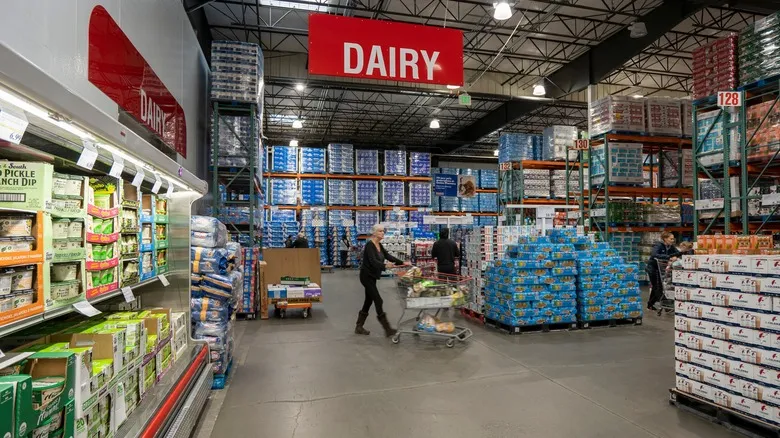Know your limits when it comes to perishable items
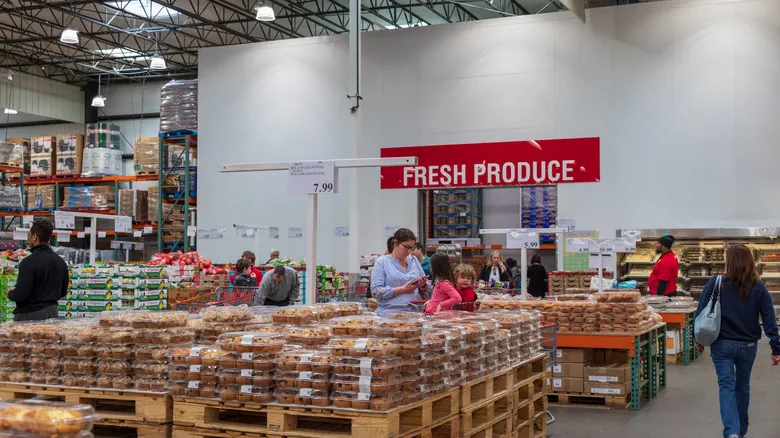
When shopping solo at Costco, your purchasing strategy largely depends on your eating habits, the ingredients you frequently consume, and your available storage space. You’re the best judge of whether you can realistically finish that large pack of yogurt or if it will end up going bad in the back of your fridge. As a general guideline, solo shoppers should avoid highly perishable items, such as large quantities of greens that spoil quickly. The same applies to meat and dairy products—unless you’re hosting a gathering or planning to freeze the meat for later.
Items that you consume quickly and that have a long shelf life are ideal for solo shoppers. Personal care products, canned goods (which are always good to have in surplus), and bottled beverages are great options, provided you have the storage space. If your pantry is getting full but you don’t want to miss out on savings, consider storing stackable, non-perishable items like extra canned beans and vegetables in boxes under your bed or in unused closet areas. It’s also wise to stock up on frozen foods that you know you’ll use, as well as fresh produce that can be frozen for later use, such as various fruits and vegetables.
Think communally, even if you're a party of one
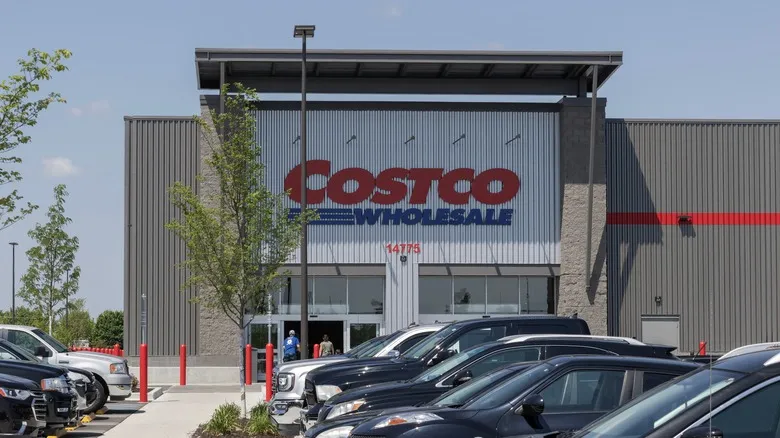
You can take a community-focused approach when planning your weekly meals and shopping. Costco's bulk sizes offer a great chance to shop for a group—whether it's friends, extended family, neighbors, roommates, or colleagues—and share the bounty, especially if not everyone wants to invest in their own membership. Gather your crew—your Costco collective, if you will—and instead of just focusing on your own shopping list, consider splitting larger cases and containers among multiple people. This strategy not only helps prevent waste but also allows you to capitalize on fantastic deals that catch your eye. For instance, take advantage of one of Costco's hidden gems: its bulk baked goods at unbeatable prices, and let your friends or co-workers share the goodies. You can even bring along a couple of friends as guests—just be aware of the rules that come with that privilege.
And while Costco is famous for its bulk items, not all of its products are oversized. Don’t overlook other benefits, like discounted gas, which makes your membership a smart choice. Shopping for heavily discounted clothing, socks, furniture, or home goods is a savvy decision and can easily justify the membership cost for individual shoppers based on those deals alone.
Recommended
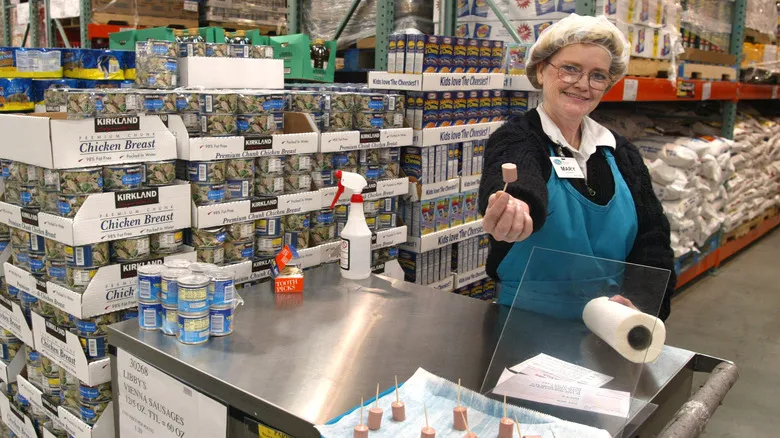
The Best Time To Shop At Costco If You're Hungry For Free Samples
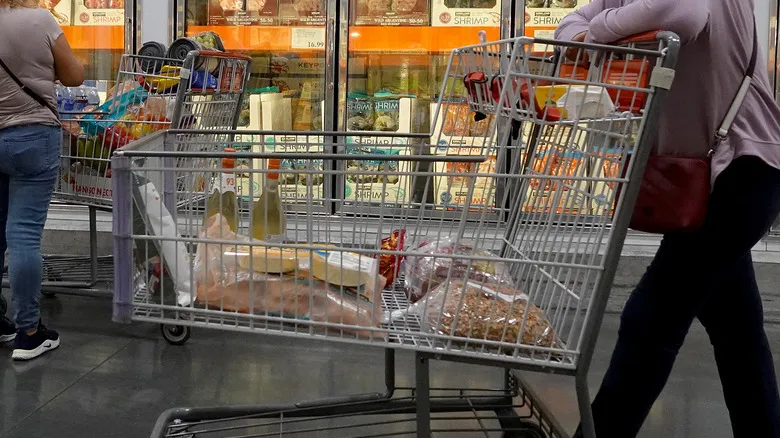
The Best Frozen Costco Chicken For Easy Meal Prep
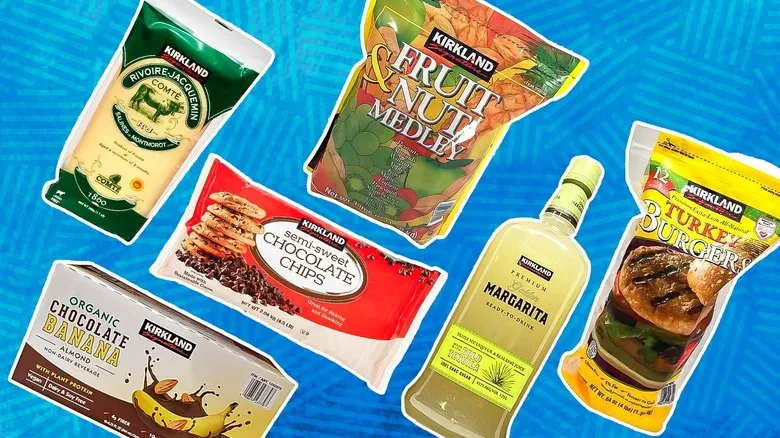
14 Discontinued Costco Products We Were Sad To See Go
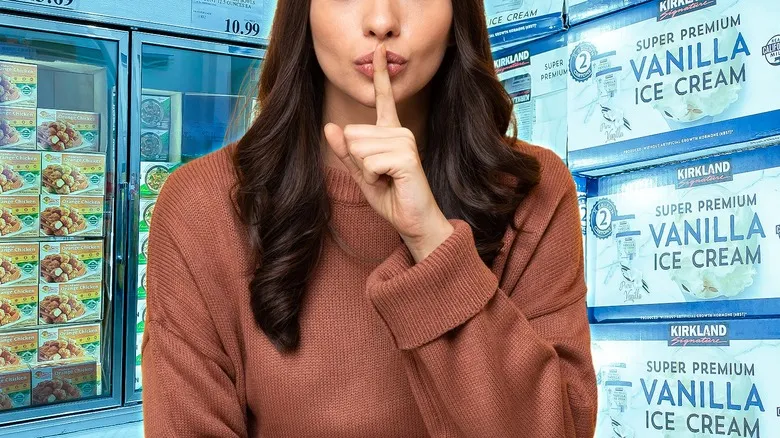
Secrets Of Costco's Freezer Aisle You'll Wish You Knew Sooner
Next up

